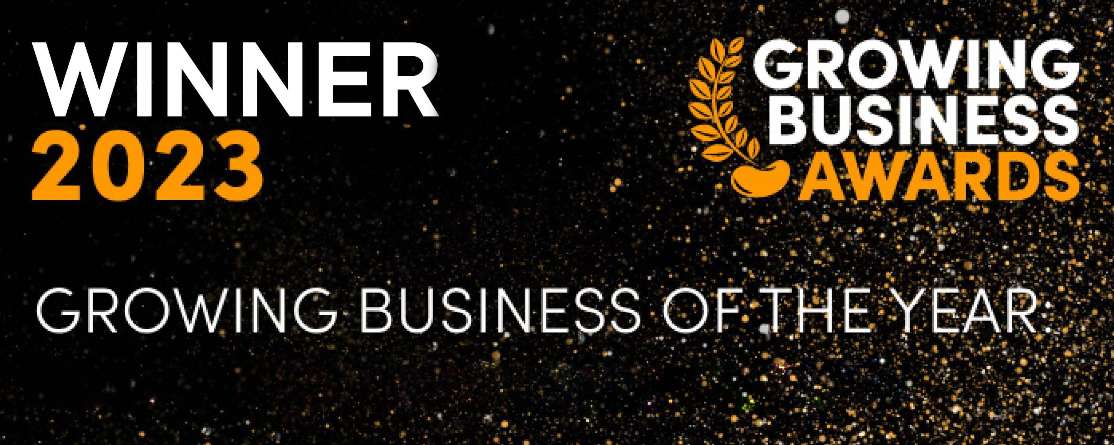Dragonfly AI is a predictive analytics platform designed to help you improve the quality and effectiveness of your creative across any format, channel and market.
The Truth about AI
The inevitable rise of "Meh"
Sagar Joglekar, Ph.D Machine Learning Scientist talks about how we're on the precipice of a technological revolution...
.png?width=285&height=346&name=image%20129%201%20(5).png)
Sagar Joglekar
We stand on the precipice of a technological revolution.
“The rapid advancement of artificial intelligence has undoubtedly ushered in a new era of technological innovation and automation. As we stand on the precipice of this technological revolution, it is crucial to ponder on how AI will shape the relationship between creative work and its value to the society as a whole.
Human minds are complex and diverse, which inevitably gives rise to complex and diverse creations, most of which are average. But the interesting lies at the periphery of this distribution, and that periphery shapes our culture in more ways that we can imagine.
There was but one Shakespeare which has inspired generations, and there will be one J.K. Rowling which has provided fuel to millions of imaginative brains.
With AI systems that are capable of creating art, composing music, writing code, and even producing literature, we are awaiting an era of mediocrity. Why would you spend hours developing interesting solutions for a complex problem, if ChatGPT can write the same code in a few seconds?
Why would an artist dig deep into their emotional depths to create an abstract expression of their mind, if a well written prompt can generate that, and more, with generative AI.
The unique essence of the creator is no longer the primary factor that provides short term value to the creation, or meaning to its creator. Instead, the focus shifts towards the capabilities and algorithms behind the AI system.
This all, in short term, is providing an immense level of engagement and value to the world.
But, there is a catch, which the researchers call model collapse. Research has shown that, as AI generated content becomes more prevalent and indistinguishable from the human generated content, future models trained on present content will become more conservative in their outputs.
Their creations will lose quality, thereby filling our world with a ton of mediocre and uninspiring content. This process, albeit slow, is inevitable, and much akin to the proverbial boiled frog, we will suffer the demise of interestingness as the interesting will become harder to find due to the sheer deluge of the mediocre.
This also will have a profound impact on the wider psychological profile of labour. “Good enough but cheap” has always triumphed over the “excellent but expensive” in the free market.
As the value of excellent creative work plummets, we will face a crisis of priorities, where return of investment of time would gain precedence over the internal call to pursue the creative yet risky. This would have profound implications over the broader human psyche.
It is important that we discuss these ramifications now, so that we can create frameworks to avoid this future.
Regulations like compelling generated content to self disclose their origin, or tagging generated content so that it can be consumed as such, can change this course of events.


